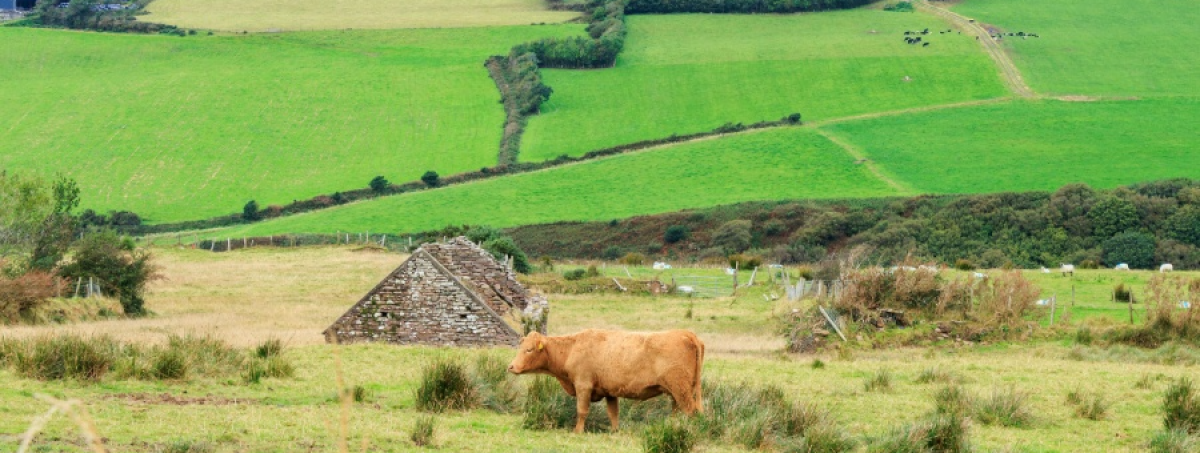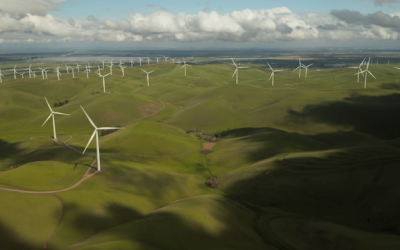Ireland’s ‘no additional warming’ stance on agricultural methane could have far-reaching consequences for global climate action, according to a new study from University College Cork (UCC). Researchers caution that if replicated worldwide, the approach would make limiting warming to 1.5°C impossible, while even the 2°C target would become significantly harder to achieve.
The strategy, also called ‘temperature neutrality’, focuses on stabilising methane emissions at near-current levels rather than making deep cuts.
The UCC team, with collaborators from the University of Galway and the University of Melbourne, argue this fundamentally misinterprets the Paris Agreement, shifting responsibility away from high-emitting, livestock-driven economies.
Dr Róisín Moriarty of the UCC Sustainability Institute said the policy allows countries with elevated per capita emissions, such as Ireland and New Zealand, to continue “business-as-usual” while claiming progress.
Professor Hannah Daly added that it represents “climate burden-shifting”, where historically high emitters sustain current practices while other nations bear the cost of steeper reductions.
The study underscores that stabilisation falls far short of the cuts needed to align with global climate pathways. Dr David Styles of the University of Galway warned the approach “grossly underestimates” the mitigation required, undermining both warming limits and the effectiveness of carbon removals.
The authors conclude that credible climate strategies must go beyond stabilisation, delivering substantial methane reductions to ensure fair and effective contributions to international targets. For agriculture-dependent economies, this means urgent shifts in policy and practice, rather than postponing responsibility.
Dig deeper into the findings to understand the policy risks for agriculture, climate strategy, and Ireland’s global standing. Read more.

















.png)

